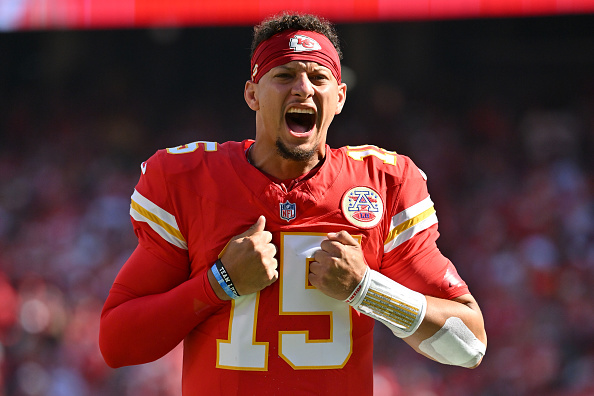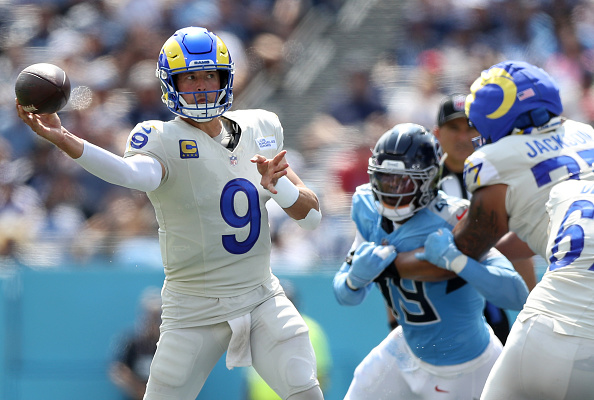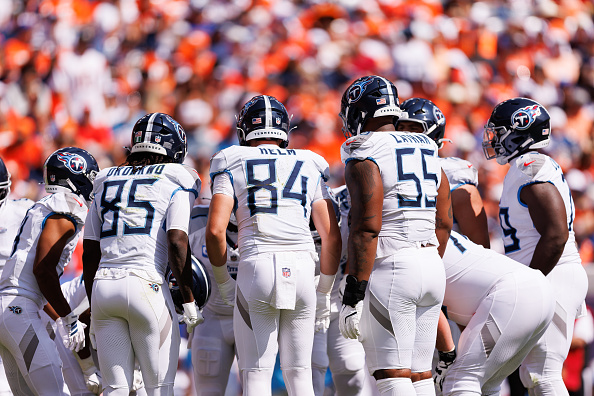Following the attempt to change the overtime rule after the New England Patriots defeated the Kansas City Chiefs in the AFC championship, another team did not take their loss very well in the NFC championship. The New Orleans Saints lost, in part, because of a bad call not whistled for pass interference by the referees against the Los Angeles Rams — the NFC’s Super Bowl representative this past year. Despite the clear pass interference, no call was made.
Here is what the Saints coach Sean Payton told the reporters at the postgame press conference: “Just getting off the phone with the league office. They blew the call.”
Just one day later, owner Gayle Benson issued this partial statement: “I am thoroughly disappointed by the events that led to the outcome of yesterday’s game.”
After the controversy, the change is voted
The league decided to change the pass interference rule that was too complicated for many. So, the NFL Competition Committee “unanimously recommended the rule approved in March for instant replay of pass interference remain in effect for the 2019 season only.”
A test rule.
“By rule, pass interference requires an act that ‘significantly hinders’ an opponent’s opportunity to make a play on the ball,” the rule said. “All passing plays will be subject to review for pass interference. The ‘Hail Mary’ play will be reviewed in replay consistent with the guidelines for officiating the play on the field.”
In March, the NFL owners responded to the NFC championship controversy by reviewing the pass interference rule for the first time ever. The new rule would apply to offensive and defensive pass interference, and a flag would not have to be thrown for a PI review to happen.
A few months later, the owners also voted to allow coaches to challenge interference plays. Moreover, the new rule stipulates that “a stoppage will occur under stricter criteria than for other reviewable plays to prevent excessive game stoppages,” and “a decision on the field will only be reversed based on ‘clear and obvious visual evidence’ that the ruling was incorrect.”
Coaches would challenge calls until the two-minute warning of either half, after which responsibility would be shifted to the on-site replay official during the two-minute warning and overtime.
What will be the general reaction to the new rule?
Even if the change of the rule has been applauded, after being a negative point around the league for years, doesn’t that type of call remain subjective anyway? “Clear and obvious visual evidence” can be slightly different according to how the referee sees the action.
In the heat of the moment, can anything be clear, obvious and unanimous to the referees? That’s unlikely. It will be almost impossible silencing the critics based on an action, and controversies will keep going strong. That’s without talking about the more logistical part of this rule — being handled by replay officials at the end of a game or of halftime, when reporters, players, coaches, and doctors get onto the field to check on everybody else.
Cleaning a sport of any human mistake will be very difficult without having many stoppages during the game, which would make any game boring and terrible to watch.
So good effort to the NFL trying to do something about pass interference, but this rule — being tested for a year only — will likely be dead by the end of next season unless it creates significant positive reactions from players, coaches and owners. Let’s see what happens.






